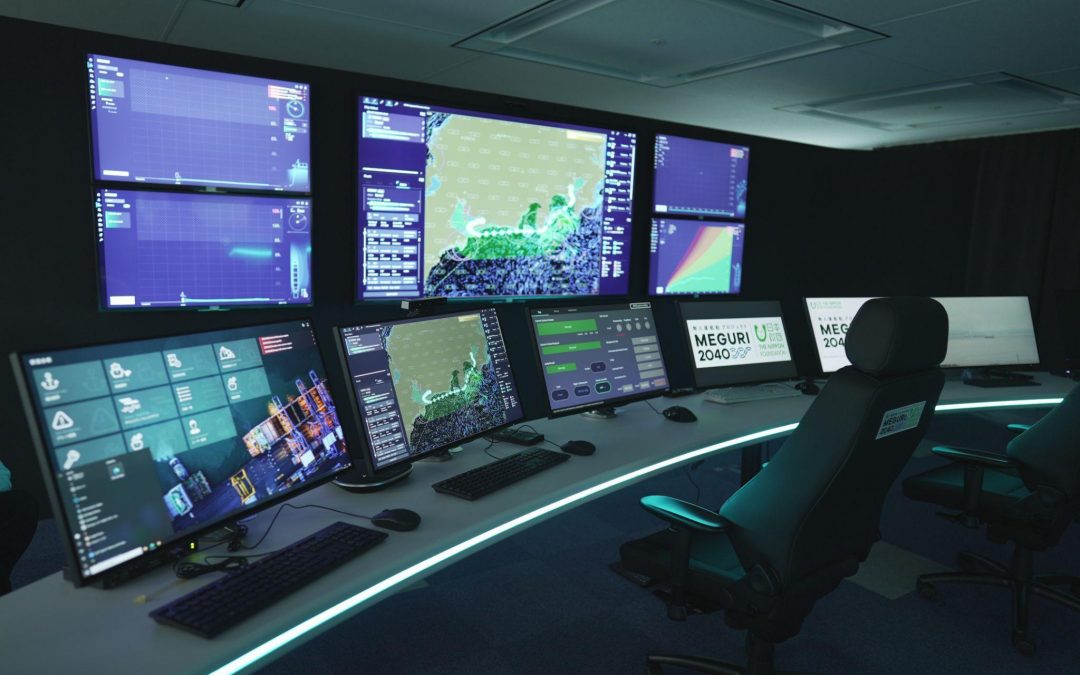The world’s first autonomous commercial ship voyage in congested waters, powered by Orca AI, in partnership with the Designing the Future of Full Autonomous Ships (DFFAS) and The Nippon Foundation, has been successfully completed after 40 hours of navigation, with full autonomy being activated 99% of the journey’s time.
The trial was performed by cargo ship Suzaku, a 749 Gross ton vessel chosen for the project by the DFFAS consortium, comprising 30 Japanese companies and led by NYK group company – Japan Marine Science Inc. (JMS) and MTI.Co., Ltd.
During the trial, the vessel automatically performed 107 collision avoidance manoeuvres on the outbound voyage alone, with the program director at the consortium suggesting that the system avoided a total of 400 to 500 ships. The voyage, which started from Tokyo Bay – one of the most congested routes in the world – sailed towards the port of Tsumatsusaka in the Ise Bay.
Powered by AI and deep learning technologies, Orca AI’s safety navigation system was set up on the vessel to act as a ‘human watchkeeper’ and provide real-time detection, tracking, classification and range estimation on 18 onboard cameras, totalling a 360° day and night.
Orca AI’s algorithms were trained on data collected over a year from Suzaku to identify targets in the complex Japanese shorelines environment. The information from the cameras reflected to the fleet operations centre in Tokyo – hundreds of kilometres away.
Yarden Gross, co-founder and CEO of Orca AI, said, “We are honoured to collaborate with the DFFAS consortium led by NYK group to drive automation and autonomous capabilities in commercial ships in some of the most congested waters in the world.
The world’s first commercial autonomous voyage is a significant milestone in this journey and we expect to see big shipping companies implementing advanced AI and computer vision technologies to materialise the autonomous shipping vision”.
Dr. Hideyuki ANDO from NYK group company – MTI.Co., Ltd. added: “With the great majority of Japan’s international trade relying on shipping, it’s been imperative for us to find technological solutions that can make shipping safer.
We thank Orca AI for helping us find the ultimate computer vision solution to enhance situational awareness on ships, despite the obstacles the global pandemic has presented. Their successful delivery of the entire project, thousands of kilometres away from Japan and with complex hardware and software being shipped and remotely updated regularly, is a prime example of the potential technology has to transform the industry”.
Source: Hellenic Shipping News






